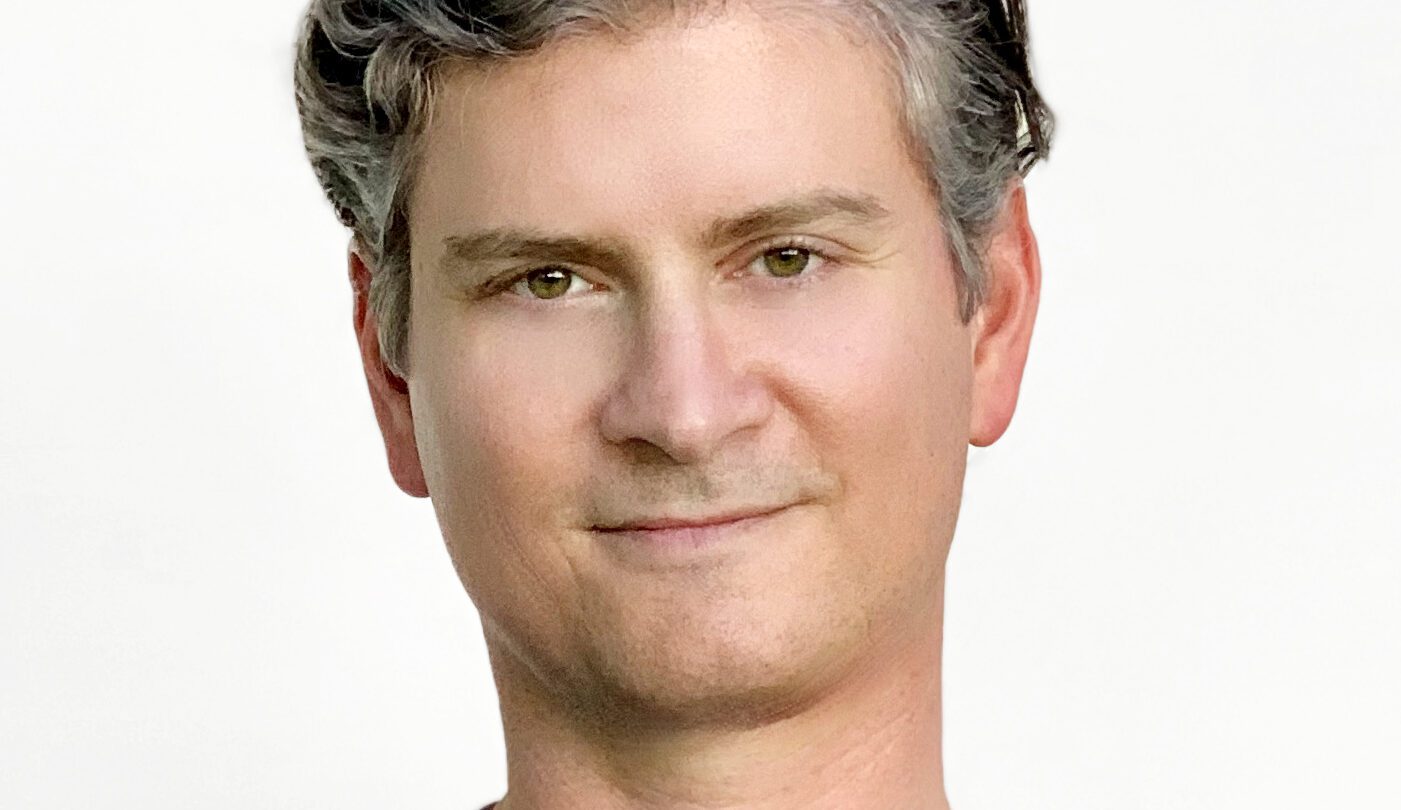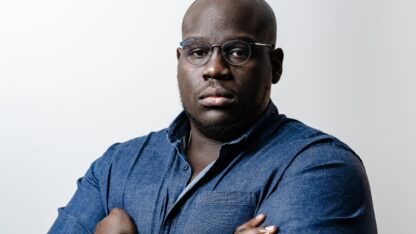In his new book, ‘How to Be Perfect,’ Michael Schur writes, “Were he around to witness all of this, I think Aristotle would have said, ‘Dudes, you super blew this.’” The writer and television producer has a special trick for tackling high-minded concepts of moral philosophy, imagining intellectual giants like Aristotle talking to him just like his friends do. Michael Schur has created characters who many of us consider friends with his shows, including “The Office,” “Parks and Recreation,” “Brooklyn Nine-Nine,” and “The Good Place.” The acclaimed writer joined “City Lights” host Lois Reitzes via Zoom to share his philosophy on philosophers and his insights about the not-so-simple task of being good.
Interview highlights:
How Schur got really into moral philosophy:
“As a kid, I was extremely concerned with rules. I always wanted to know what the rules were, and I wanted to make sure I was following them,” said Schur. “Then, as I grew up and lived an adult life, I found myself occasionally in some very complicated, weird grown-up situations where I had some kind of dispute with someone… and if I blew it, I would feel like, ‘I wish I had known before this some theory that could have helped me make a better decision.’”
“So eventually I just started reading about it, because I thought, ‘Well, there’s been a bunch of people who are really smart over the last several thousand years who spent their lives writing guides for how to do good things….’ Then, when I had the idea for ‘The Good Place,’ I realized that I couldn’t actually execute that show properly unless I really knew what I was talking about,” Schur said. “So the show was really the final stage in my personal development, and then the book I think of as my, sort of, ‘exit interview’ from the show.”
Questions to ask yourself in an ethical quandary:
“When you hear the words ‘moral philosophy’ or ‘ethics…’, it can seem really intimidating. But the more that I read about it, I realized that, really, the questions that these theories are asking are pretty simple. To me, the questions that are being asked here are these – what are we doing? Why are we doing it? Is there something we could do that would be better, and why is it better?”
“When you take the concepts of ethics and moral philosophy out of this lofty, ethereal, high-up-on-a-mountain, guru… kind of a world, and you bring it down to earth… it feels more realistic that you can get something out of it,” said Schur. “All of the theories that are complicated and tricky and densely written, and some of them are thousands of years old; you can rephrase them as just like, they’re just trying to tell us what to do. That’s all it is.”
How “being perfect” might be an unrealistic goal:
“[Immanuel] Kant is, of all the theories I talk about… the most stringent, the most rules and regulations guy. He believed that there is a right and wrong answer in any situation, and the right answer is the one that you arrive at by using only your giant, glowing, amazing brain to figure out a rule or maxim that you could will to be universal, which means you could imagine everyone doing it, and then you act only out of a duty to follow that rule. You don’t act for any other reason,” said Schur.
“What is appealing about it, and the reason we made Chidi [in ‘The Good Place’] a Kantian, is it’s the only theory that really promises you that you can get an ‘A’ on the test,” said Schur. “It’s like, if you do this, if you follow these universal maxims that you have created using your own brain, you win. You win the ethics contest…. So Chidi, his Achilles’ heel in the show, was that he was so concerned with acting correctly in every situation that he essentially paralyzed himself with indecision, and thus drove everyone around him crazy.”
Television producer and writer Michael Schur’s new book “How to Be Perfect: The Correct Answer to Every Moral Question” is out now and available for purchase here.









